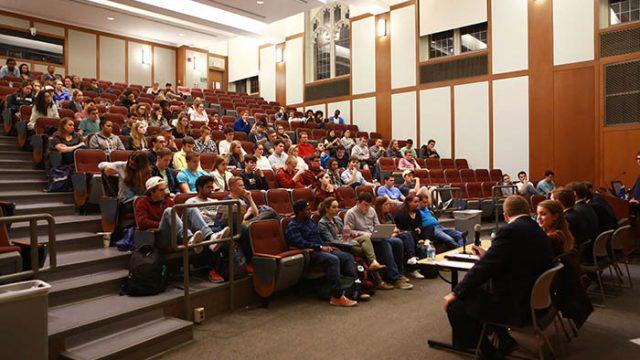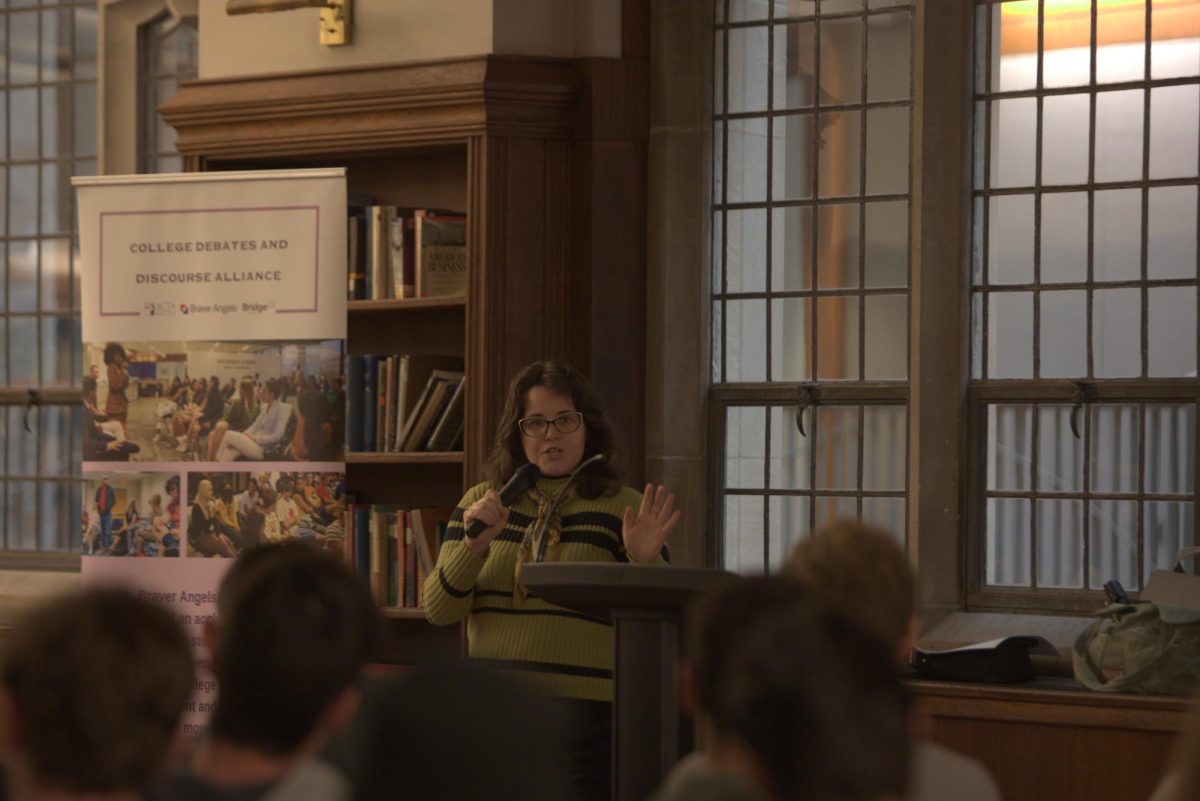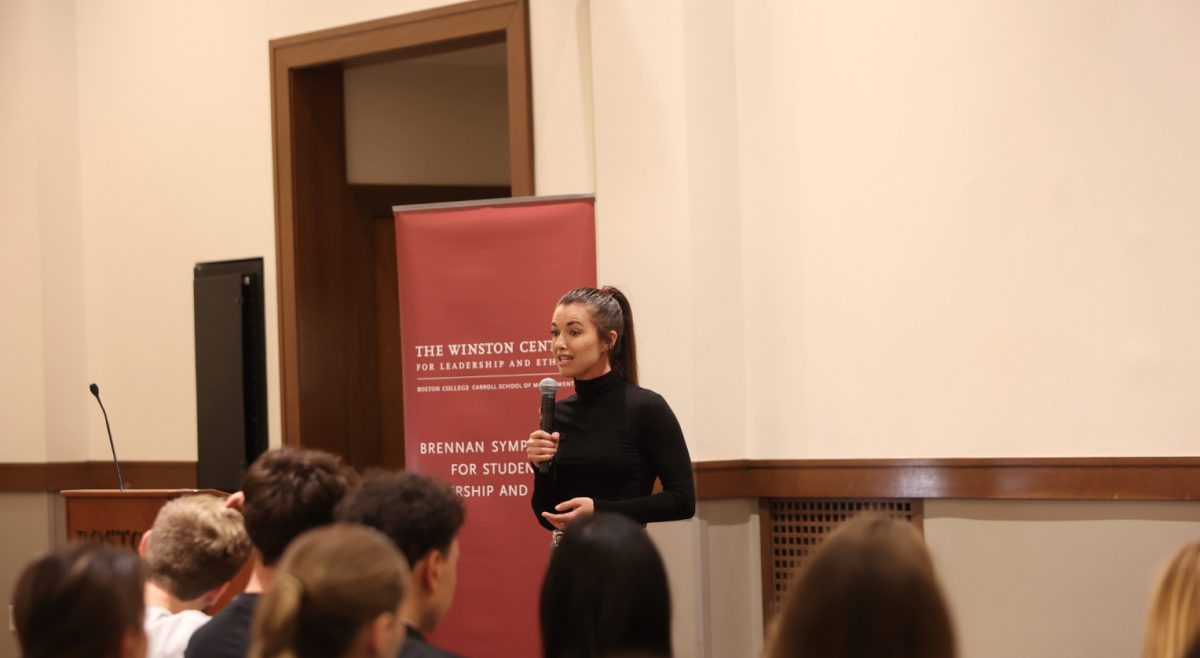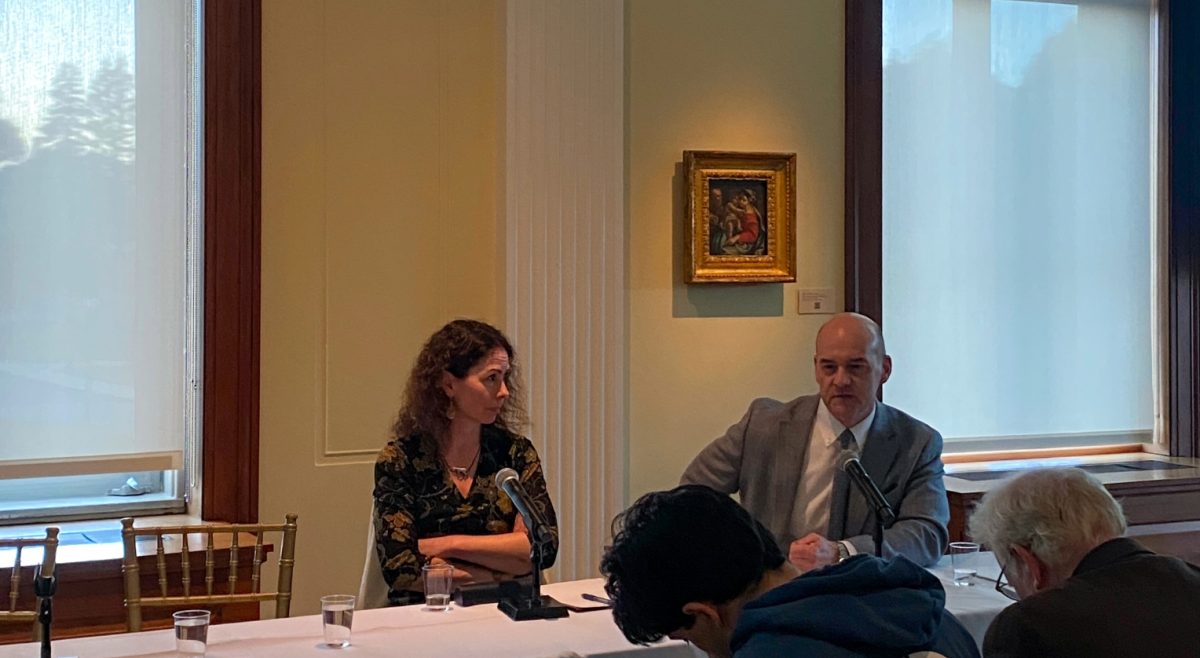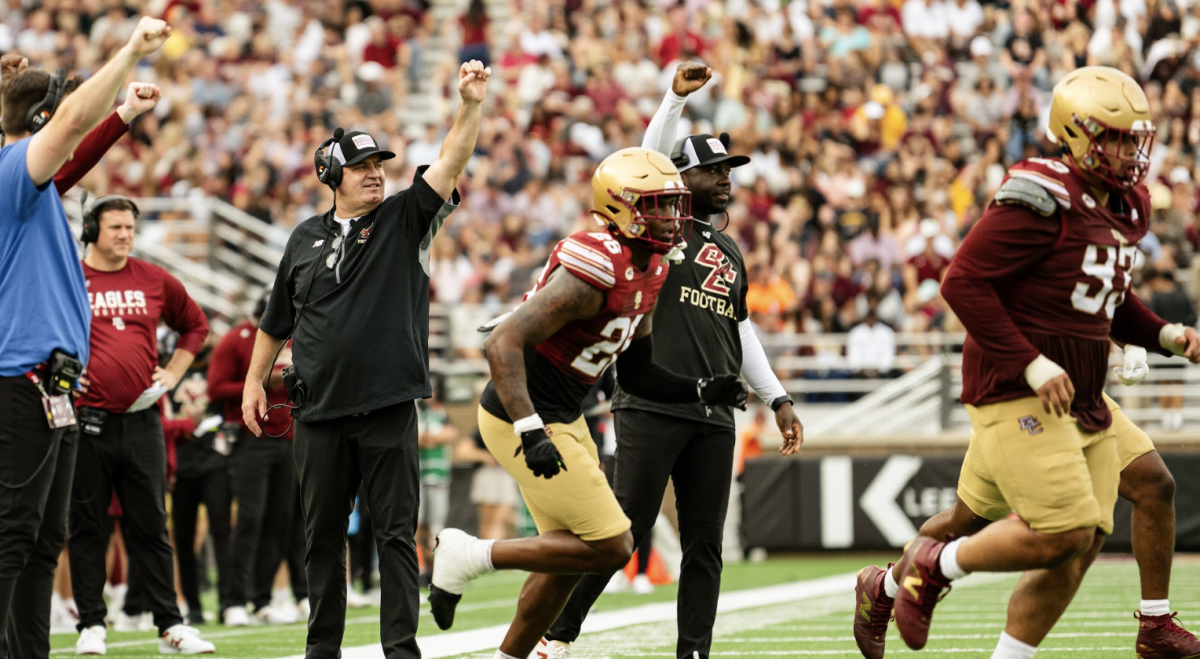The days of trying to read a student’s scratch handwriting are over, according to Vincent Rocchio, a professor in the communication department. Rocchio has spent the last eight months working to introduce a computer software to the University that could replace the all-too-familiar blue books that students currently use to take exams.
Rocchio introduced the software Oct. 14 to his Interpersonal Communications class. He noted that of the 72 students who took the first web-based exam, only two experienced technical glitches. The goal of implementing the new browser, according to Rocchio, is to cut down on environmental waste and reduce the cost of test-taking. Rocchio also notes that grading efficiency in the digital environment has increased by 50 percent since the implementation of the software.
The software integrates with students’ Canvas application. When opened, the Respondus LockDown Browser permits access only to the testing system and disallows other Internet usage. The restrictions allow students to complete their exams without compromising their integrity.
The browser also allows the professor to incorporate multimedia into tests.
Rocchio has been working in conjunction with Boston College’s Center for Teaching Excellence (CTE). Cristina Mirshekari, the director of teaching and learning technology at CTE, said that the group pursued a site license this past year, which allows any faculty to utilize the software. Under the license, the cost comes to about 31 cents per student, Mirshekari said.
According to the Respondus website, its Lockdown software is used on over 2,000 college campuses around the globe. While there are currently only three BC professors implementing this technology into their classrooms, Rocchio sees it spreading across the University in the coming years. His goal is to train critical and analytical students and believes this innovative browser will help in his work.
“The raw efficiency of this environment presents great potential,” Rocchio said. “I plan on using this for the rest of my teaching career at Boston College … I don’t think it’s going to be long before a lot of people are adopting this.”
The software currently runs only on Macintosh or Windows computers, which presents a challenge for students who own Chromebooks or other types of technology. Rocchio said that BC may be faced with confronting the question of a possible technology requirement for students in upcoming years.
“The raw efficiency of this environment presents great potential. I plan on using this for the rest of my teaching career at Boston College … I don’t think it’s going to be long before a lot of people are adopting this.”
—Vincent Rocchio, a professor in the communication department
With a shift in technology comes a few concerns. Rocchio thinks the online browser encourages speed during testing, and he prefers that students use careful thought and evaluation before committing to a response. Student feedback has been overwhelmingly positive with some notes on areas for improvement. Caroline Heppner, a student in Rocchio’s class and LSOE ’17, did not like that she could not write down main ideas and points during the exam, as one could on scratch paper during a traditional exam.
Ryan Falla, MCAS ’18, had trouble with the online exam because he did not have a working computer. Falla, along with six other students who faced the same problem, were sent to a computer lab in O’Neill Library to take the exam, which was proctored by a faculty member. According to Falla, most students in the computer lab had difficulty accessing the browser from the computers. Although, Falla did not specifically mention the issues to Rocchio, he said that he has confidence that the program will work better in the future.
Rocchio began teaching at BC last fall, specializing in media studies. Rocchio found blue books to be an ineffective method for assessing a student’s knowledge of interpersonal communication, a study heavily focused on complex, nonverbal information.
At other universities, including the University of Houston, the Lockdown Browser is used for students who take online classes. When students take an exam for an online course, they are required to use the Lockdown software in order to cut down on academic dishonesty.
Rocchio believes that cheating is more difficult with the new software. He spent time during the pilot exam looking behind students to see if it was easy to see others’ computer screens, but found that the digital display of the laptop and the font size make it more difficult to see answers than writing in an exam booklet.
Rocchio said that he can see how the online format would be an issue for truth or false or multiple-choice exams. With short answer questions, however, he thinks that it would be difficult for students to read others’ answers.
“[This form of assessment] is much more attuned to the kind of working environment that students are going to be using when they get out into the professional world,” Rocchio said. “[It] really fits in with the mission-centered approach of giving students rigorous intellectual training that can serve a higher purpose.”
Featured Image by Yi Zhao / Heights Staff

